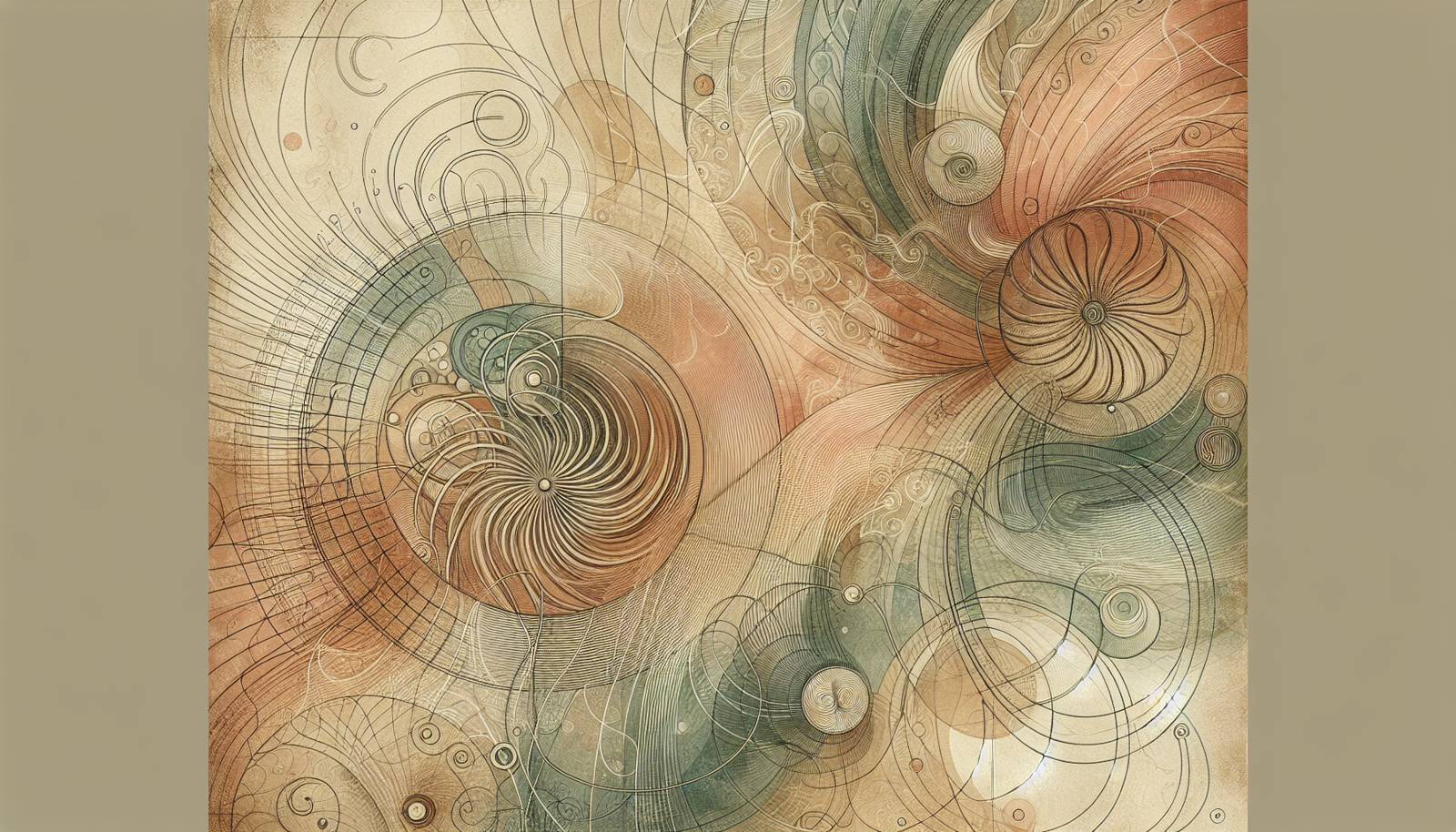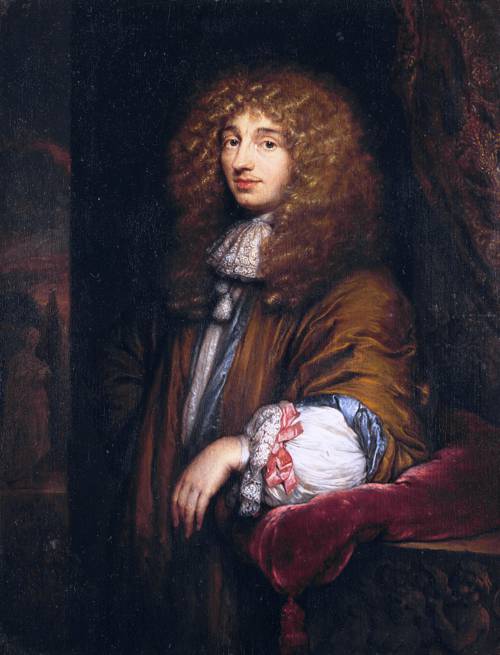
FAQ About Christiaan Huygens

Who was Christiaan Huygens?
Christiaan Huygens was a Dutch mathematician, physicist, and astronomer, renowned for his contributions to the scientific fields of optics and timekeeping. He lived from 1629 to 1695 and is most famous for inventing the pendulum clock, which significantly improved the accuracy of time measurement. His work laid foundational principles for modern physics.

What are some of Christiaan Huygens' major contributions to science?
Christiaan Huygens made several major contributions to science, including the invention of the pendulum clock in 1656, which revolutionized timekeeping. He also developed the wave theory of light, providing a counterpoint to Newton's particle theory, and discovered the polarization of light. Additionally, Huygens made significant advancements in astronomy, notably identifying and describing the rings of Saturn and its largest moon, Titan.

How did Christiaan Huygens invent the pendulum clock?
Christiaan Huygens invented the pendulum clock in 1656. He applied the Galileo pendulum theory, which states that a pendulum swings with a constant period, making it an ideal regulator for clocks. This invention greatly increased the accuracy of timekeeping devices, reducing the discrepancy from minutes to seconds per day.

What is Christiaan Huygens’ wave theory of light?
The wave theory of light, proposed by Christiaan Huygens in 1678, suggests that light behaves as a wave rather than as particles. Huygens postulated that each point of a wavefront can be considered as a source of secondary spherical waves, a principle now known as Huygens' Principle. This theory accounted for various optical phenomena, including reflection, refraction, and diffraction.

What is Huygens' Principle?
Huygens' Principle, formulated by Christiaan Huygens, posits that every point on a wavefront acts as a source of tiny secondary wavelets that spread out in all directions at the same speed as the wave itself. The new wavefront is the tangential surface to all these secondary wavelets. This principle is fundamental in understanding wave behavior such as interference and diffraction.

Did Christiaan Huygens discover any celestial bodies?
Yes, Christiaan Huygens discovered Titan, the largest moon of Saturn, in 1655. He also made significant contributions to the understanding of the rings of Saturn. Using a telescope of his own design, Huygens was able to distinguish the rings and discern their structure, which was a major breakthrough in the study of the planet.

What was Christiaan Huygens’ role in the discovery of Saturn’s rings?
Christiaan Huygens was the first to propose that Saturn was surrounded by a ring after carefully studying the planet through improved telescopes. His observations in the 1650s led him to correctly theorize that Saturn's ring system was made up of a thin, flat collection of particles, rather than a solid body, as was previously thought.

How did Christiaan Huygens influence timekeeping?
Christiaan Huygens revolutionized timekeeping by inventing the pendulum clock in 1656. Prior to Huygens' invention, clocks were notoriously inaccurate. The pendulum clock reduced the error margin significantly, offering unprecedented precision in measuring time, which was crucial for navigation and astronomical observations.

Where did Christiaan Huygens conduct most of his research?
Christiaan Huygens conducted much of his research in the Netherlands, particularly in the cities of The Hague and Leiden where he had access to advanced scientific communities and resources. He also spent some time in Paris at the French Academy of Sciences, which was a hub for scientific advancement in the 17th century.

How did Christiaan Huygens' work influence modern physics?
Huygens' research laid the groundwork for several concepts in modern physics. His wave theory of light influenced later developments in optics, particularly the understanding of wave-particle duality. His work on pendulums contributed to classical mechanics and the accurate measurement of time, essential for advances in physics and engineering.

Did Christiaan Huygens collaborate with other scientists of his time?
Yes, Christiaan Huygens collaborated and corresponded with many prominent scientists of his era, including René Descartes. He exchanged ideas and findings through letters, which was common practice among scientists of the 17th century. Huygens was also a member of both the Royal Society in London and the French Academy of Sciences.

What was Christiaan Huygens' educational background?
Christiaan Huygens studied at the University of Leiden and later at the College of Breda, where his father, Constantijn Huygens, ensured he received an excellent education. He was particularly skilled in mathematics and physics, which formed the foundation of his later scientific achievements.

What were some of the technological innovations Christiaan Huygens worked on?
Besides the pendulum clock, Christiaan Huygens worked on various optical devices, including improving the design of telescopes. He developed the Huygenian eyepiece, an eyepiece for telescopes that reduced chromatic aberration and improved image clarity, furthering advancements in astronomy.

Why is Christiaan Huygens considered a key figure in the history of science?
Christiaan Huygens is considered a key figure in the history of science due to his pioneering work in multiple fields, most notably timekeeping and optics. His innovations laid the groundwork for subsequent scientific advancements, and his theoretical contributions have continued to influence modern physics and engineering.

What challenges did Christiaan Huygens face during his career?
Christiaan Huygens, like many scientists of his time, faced technical challenges due to the limited technology available, such as the construction of precise instruments. Additionally, his wave theory of light initially struggled to gain acceptance in a scientific community that largely favored Newtonian corpuscular theory.

How was Christiaan Huygens perceived by his contemporaries?
Christiaan Huygens was highly regarded by his contemporaries for his brilliant contributions to science and mathematics. His work earned him respect among peers such as Isaac Newton and Gottfried Wilhelm Leibniz, and his membership in prestigious scientific societies testifies to his reputation as a leading scientist of his era.

What are Christiaan Huygens' most famous writings?
Among Christiaan Huygens' most famous writings are "Horologium Oscillatorium" (1673), which detailed the mechanics of pendulums and their application in clocks, and "Traité de la Lumière" (1690), where he presented his wave theory of light. These works had significant influence on both theoretical and applied science.

How did Christiaan Huygens' theories shape the future of optics?
Christiaan Huygens' theories, especially his wave theory of light, greatly shaped the future of optics by offering a comprehensive explanation of optical phenomena, including interference and diffraction. His ideas challenged existing notions and laid the groundwork for later scientists like Thomas Young and Augustin-Jean Fresnel to develop the wave theory further.

What honors did Christiaan Huygens receive posthumously?
Posthumously, Christiaan Huygens has been honored in various ways, including being namesake for the Huygens Probe, which was part of the Cassini-Huygens mission to study Saturn and its moons. His legacy is recognized in both his scientific contributions and the advancements they paved the way for.
